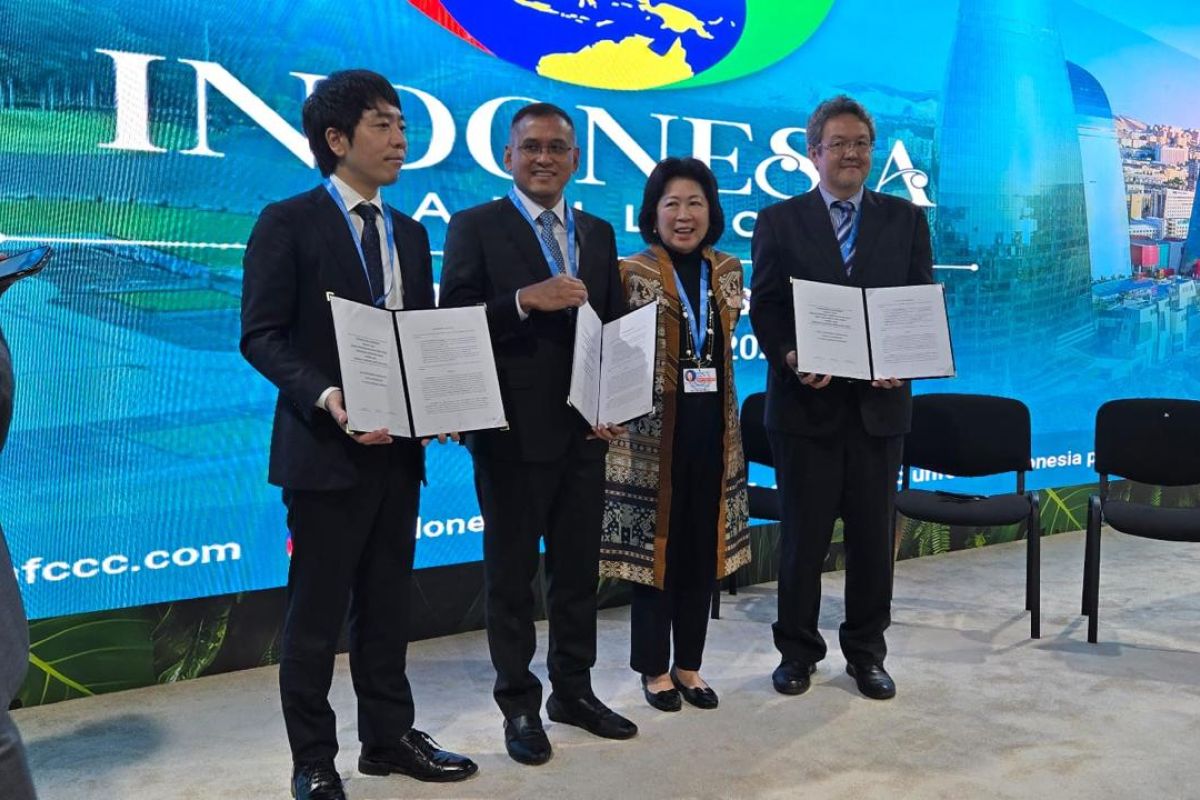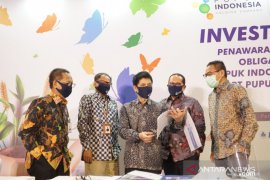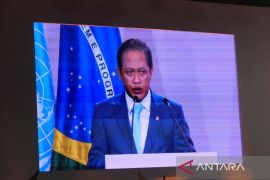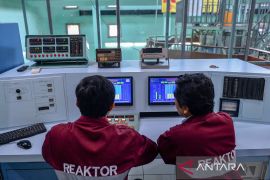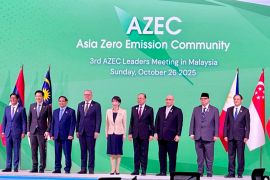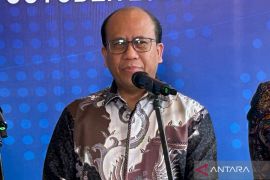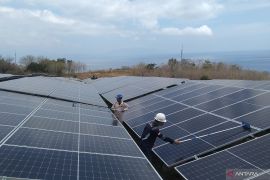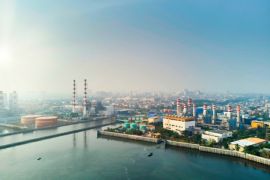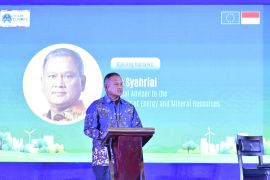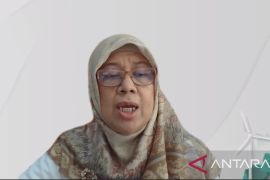This innovative project will establish the world’s first hybrid green ammonia production facility, positioning Indonesia as a leader in sustainable industrial operations.
The GAIA Project utilizes an ammonia plant operated by Pupuk Iskandar Muda (PIM), a subsidiary of Pupuk Indonesia, in Aceh.
In addition to producing ammonia from natural gas, this facility will generate green ammonia using hydrogen derived from water electrolysis, enabling a flexible dual-production approach.
“GAIA is more than asset optimization; it is a bold step toward sustainability that balances environmental, economic, and security needs in food and energy,” President Director of Pupuk Indonesia Rahmad Pribadi remarked on Monday (Nov 11).
By sustaining green ammonia production, he emphasized that Indonesia could establish this resource as a high-value commodity, meeting the surging global demand and supporting Indonesia’s Net Zero Emissions goal for 2060.
To realize this vision, Pupuk Indonesia is partnering with Japan’s Toyo Engineering Corporation and ITOCHU Corporation in a joint venture to advance green ammonia production and distribution.
This collaboration accelerates low-carbon technology implementation in Indonesia while underscoring Pupuk Indonesia’s commitment to global climate action through international cooperation.
Combining expertise across borders, the GAIA Project aims to become a globally impactful solution, strengthening Indonesia’s position in the green energy transition.
In this ecosystem, electricity for green hydrogen production is sourced from renewable energy supplied by PT PLN, while Toyo provides engineering, procurement, and construction (EPC) expertise, and ITOCHU supports the marine bunkering supply chain.
The GAIA Project also aims to drive downstream growth in Indonesia's chemical industry by promoting sustainability and innovation through green ammonia.
As ammonia is a key raw material in fertilizers and various industrial chemicals, producing green ammonia using renewable energy and low-carbon technology strengthens the entire chemical supply chain.
The hybrid model can be replicated at other ammonia facilities in Indonesia and internationally.
Economic and Environmental Benefits The GAIA Project is expected to significantly benefit Indonesia’s economy, drawing new investments and creating job opportunities.
The GAIA model could expand to other ammonia facilities across Indonesia, boosting domestic production.
Applying the GAIA model to more ammonia facilities within the Pupuk Indonesia Group will also ensure a sustainable supply of eco-friendly fertilizer feedstock.
Fertilizers are essential for enhancing agricultural productivity, directly supporting food security domestically and regionally.
Situated in the Arun Special Economic Zone (SEZ) in Lhokseumawe, Aceh, the GAIA Project capitalizes on infrastructure that promotes green investments and drives the economic potential of the project.
With over 50 years of experience in producing, storing, and distributing ammonia, Pupuk Indonesia is poised to position Indonesia as a global leader in green ammonia.
Beyond fertilizer and agriculture, green ammonia is anticipated to play a major role in the global maritime sector, where it could be widely adopted as a carbon-free fuel by 2050.
“As we advance the GAIA Project, Pupuk Indonesia stands at the forefront of low-carbon innovation, setting a blueprint for decarbonizing Indonesia’s fertilizer industry and establishing a replicable model for other countries seeking to develop green ammonia,” Rahmad added.
Related news: Indonesia to receive US$25 million grant for green ammonia development
Related news: Pupuk Indonesia ensures availability, distribution of fertilizers
Reporter: Yuni Arisandy Sinaga
Editor: Rahmad Nasution
Copyright © ANTARA 2024
